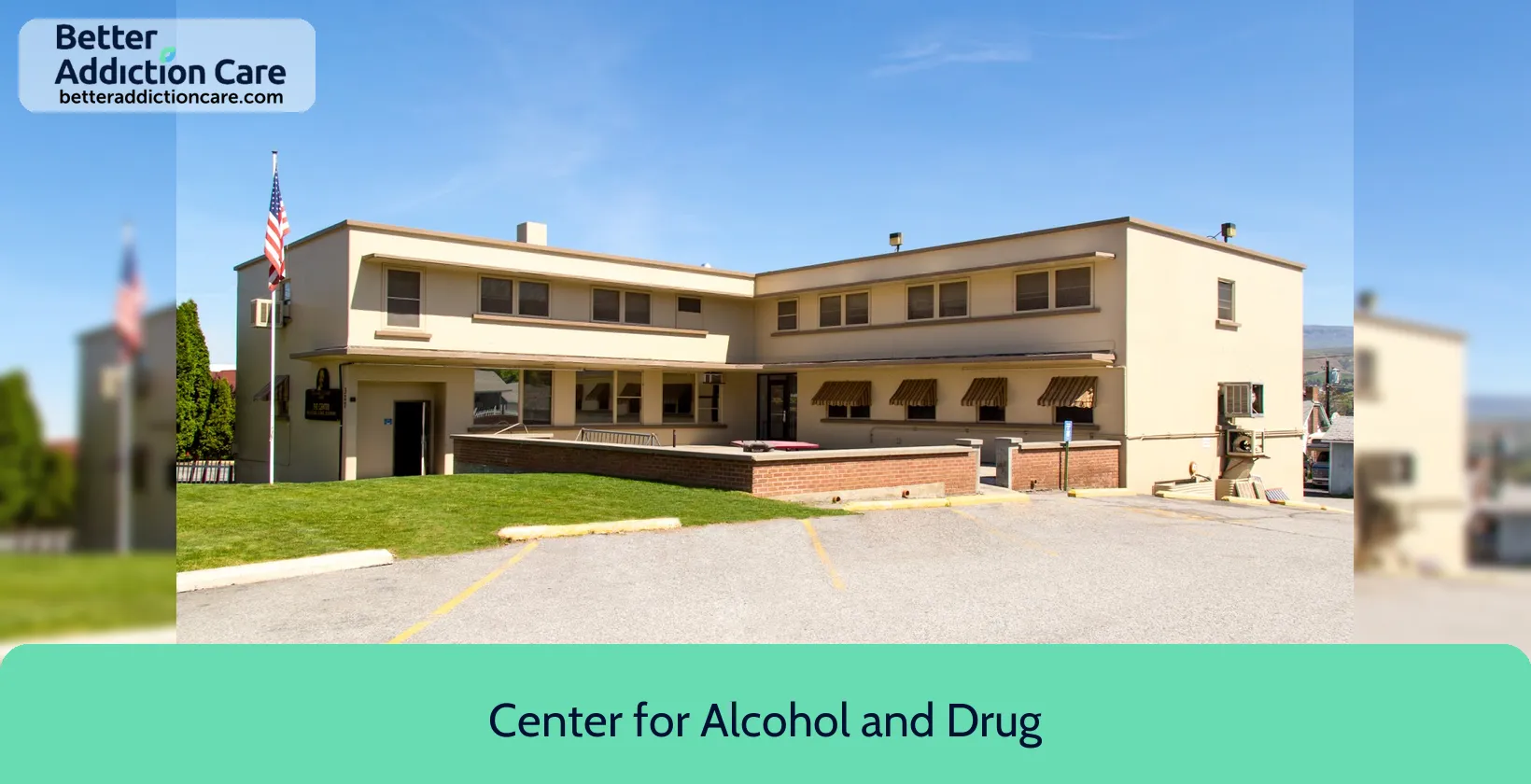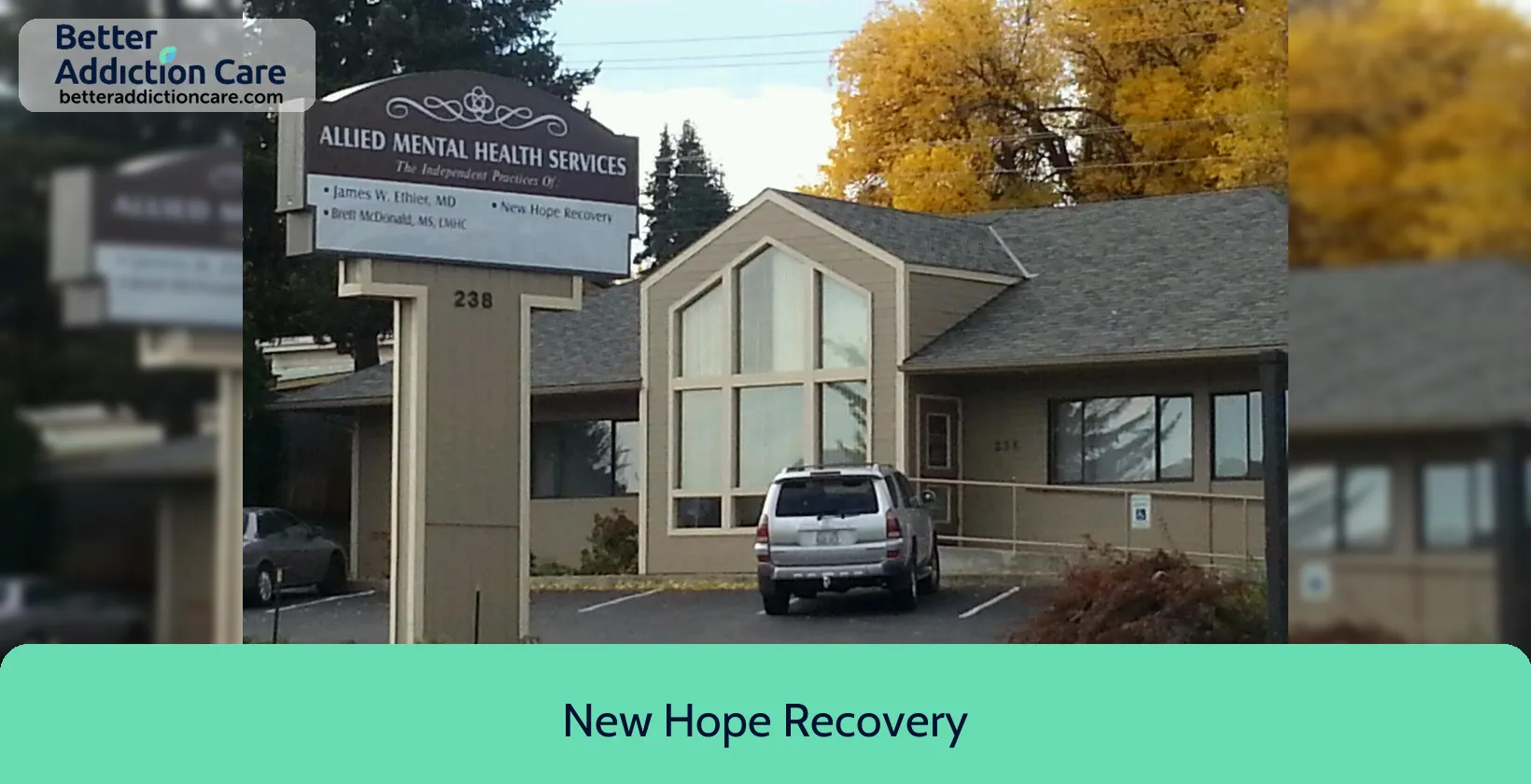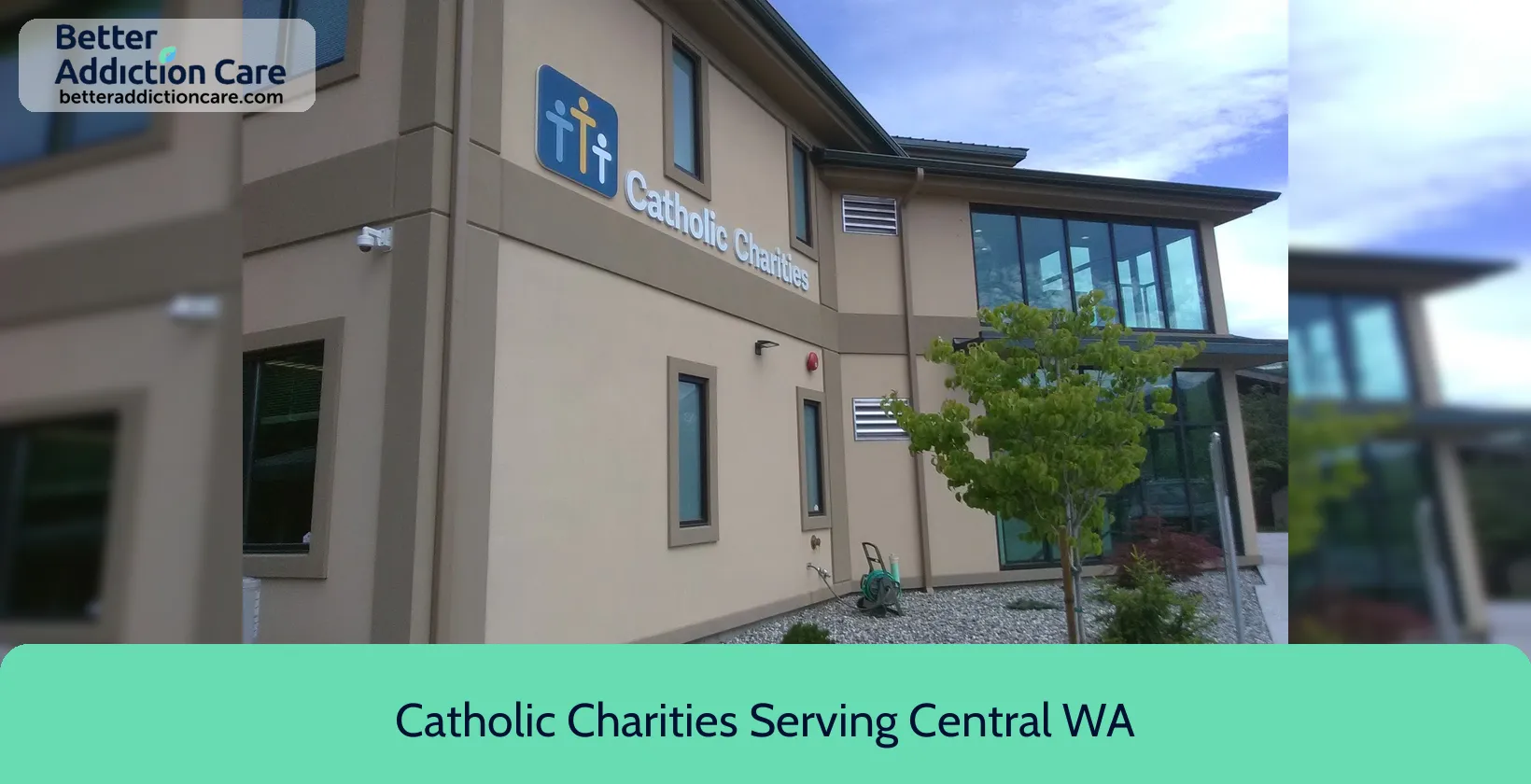American Behavioral Health Systems - Parkside
Overview
American Behavioral Health Systems - Parkside is an mental health treatment center that provides inpatient treatment for men between 18 and 65+ years of age. As part of their special programs, American Behavioral Health Systems - Parkside treats clients with co-occurring mental and substance use disorders, veterans, and active duty military. To help patients achieve sobriety, American Behavioral Health Systems - Parkside provides intake assessments. Afterward, patients receive group counseling, cognitive behavioral therapy, and dialectical behavior therapy during treatment. American Behavioral Health Systems - Parkside is located in Wenatchee, Washington, providing treatment for people in Chelan County, accepting cash or self-payment, medicaid, and state-financed health insurance plan other than medicaid.
American Behavioral Health Systems - Parkside at a Glance
Payment Options
- Cash or self-payment
- Medicaid
- State-financed health insurance plan other than Medicaid
- Private health insurance
- State mental health agency (or equivalent) funds
Assessments
- Screening for tobacco use
- Comprehensive mental health assessment
- Comprehensive substance use assessment
Age Groups
- Seniors or older adults
- Young adults
- Adults
- Seniors
Ancillary Services
- Intensive case management
- Case management service
- Chronic disease/illness management
- Court-ordered outpatient treatment
- Education services
Highlights About American Behavioral Health Systems - Parkside
6.71/10
With an overall rating of 6.71/10, this facility has following balanced range of services. Alcohol Rehabilitation: 8.00/10, Drug Rehab and Detox: 6.00/10, Insurance and Payments: 6.00/10, Treatment Options: 6.85/10.-
Alcohol Rehabilitation 8.00
-
Treatment Options 6.85
-
Drug Rehab and Detox 6.00
-
Insurance and Payments 6.00
Treatment At American Behavioral Health Systems - Parkside
Treatment Conditions
- Mental health treatment
- Alcoholism
- Substance use treatment
- Co-occurring Disorders
Care Levels
- Hospital inpatient treatment
Treatment Modalities
- Group counseling
- Cognitive behavioral therapy
- Dialectical behavior therapy
- Integrated Mental and Substance Use Disorder treatment
- Activity therapy
Ancillary Services
Languages
- Sign language services for the deaf and hard of hearing
- Spanish
Additional Services
- Pharmacotherapies administered during treatment
- Mentoring/peer support
- STD testing
Special Programs
- Clients with co-occurring mental and substance use disorders
- Veterans
- Active duty military
- Members of military families
- Criminal justice (other than DUI/DWI)/Forensic clients
Get Help Now
Common Questions About American Behavioral Health Systems - Parkside
Contact Information
Other Facilities in Wenatchee

6.59

6.86

6.80

6.91
DISCLAIMER: The facility name, logo and brand are the property and registered trademarks of Catholic Charities Serving Central WA, and are being used for identification and informational purposes only. Use of these names, logos and brands shall not imply endorsement. BetterAddictionCare.com is not affiliated with or sponsored by Catholic Charities Serving Central WA.

